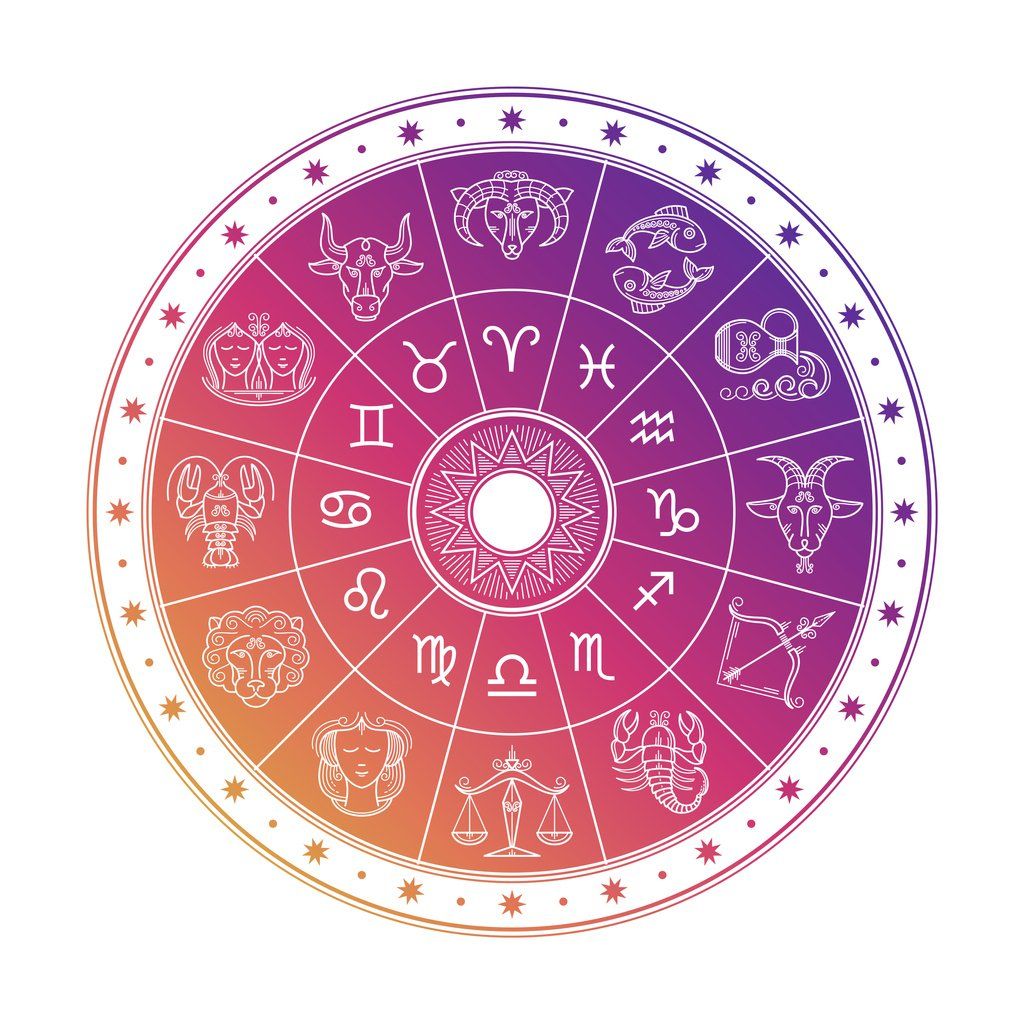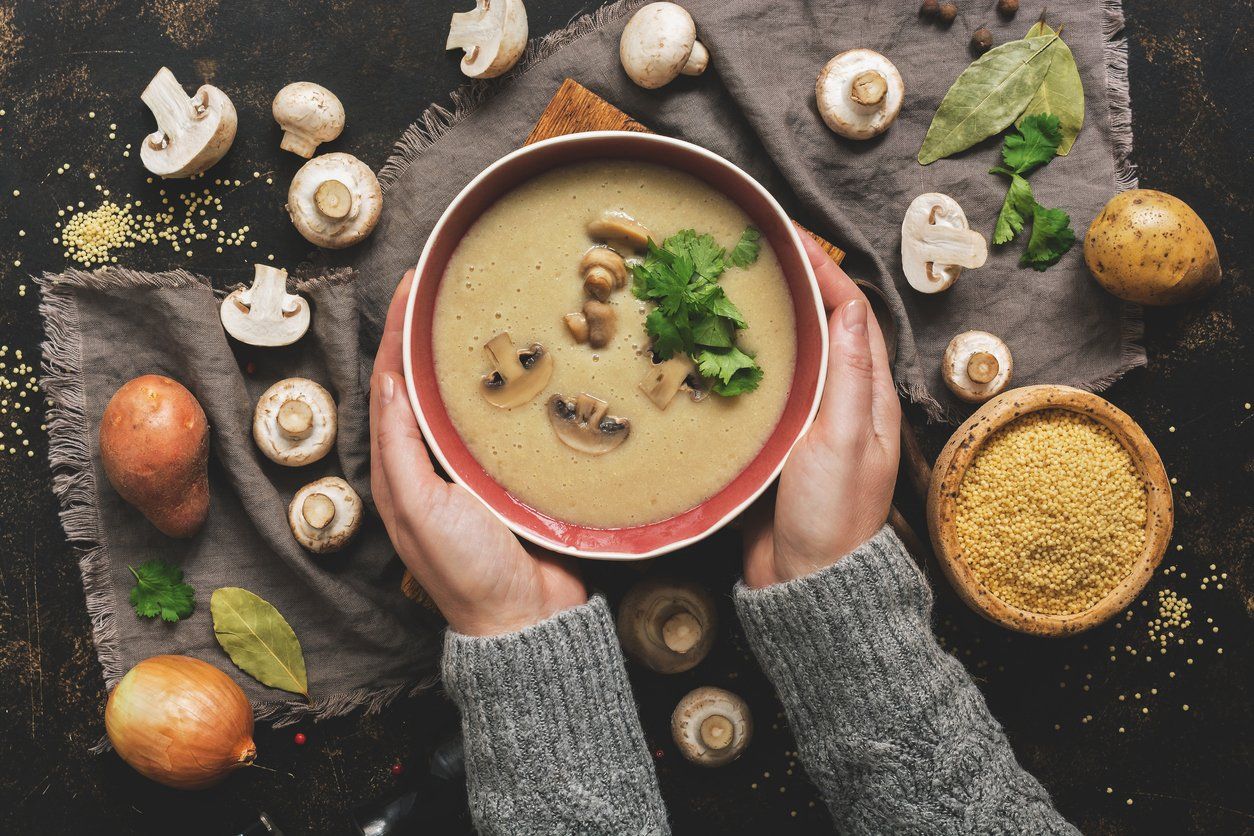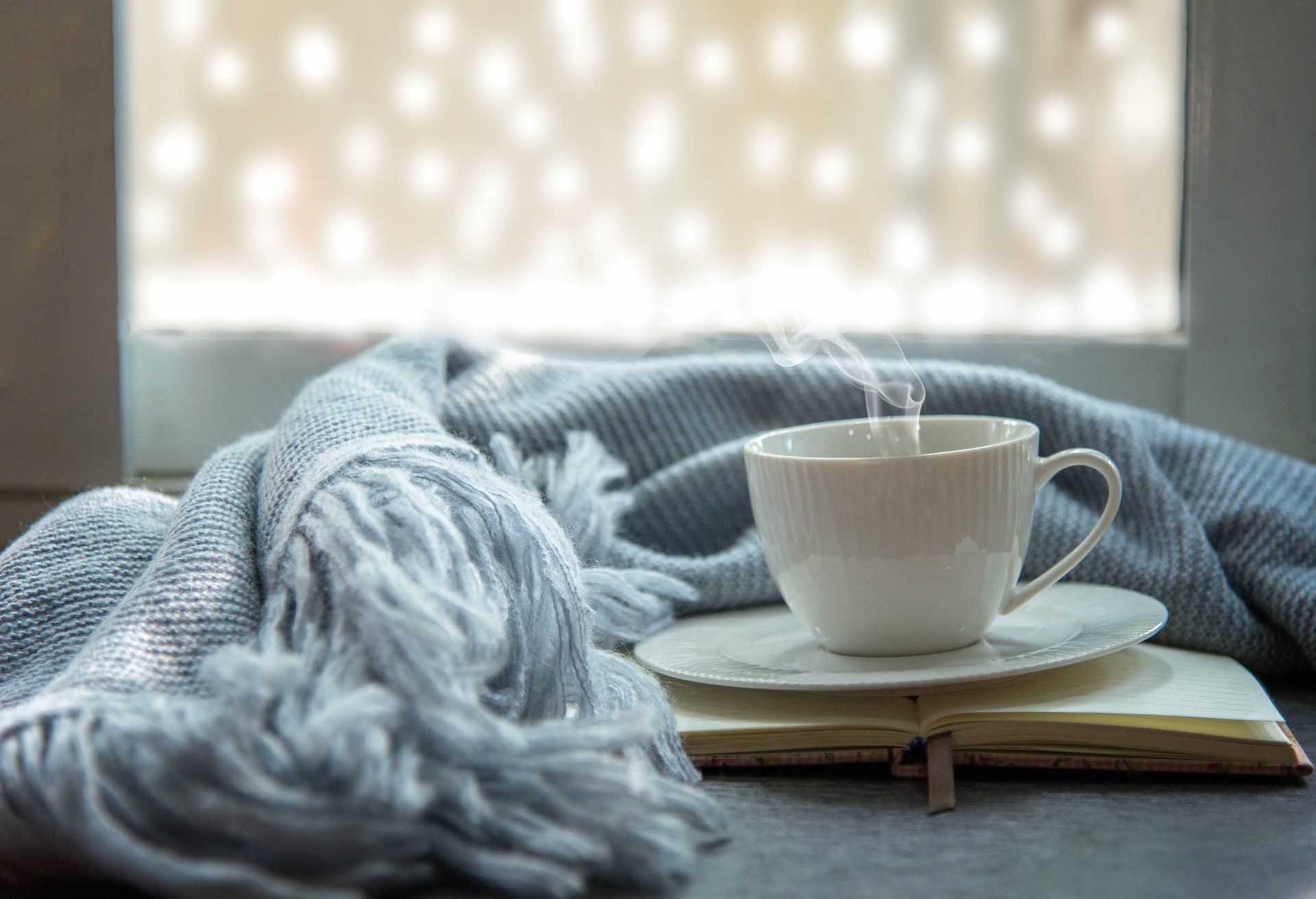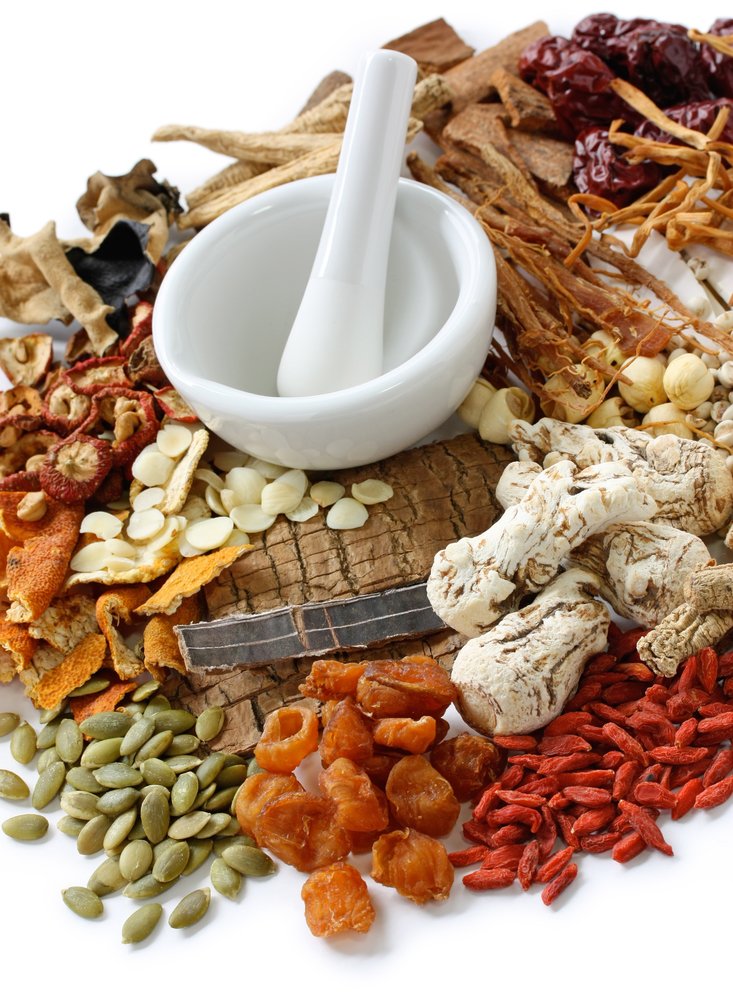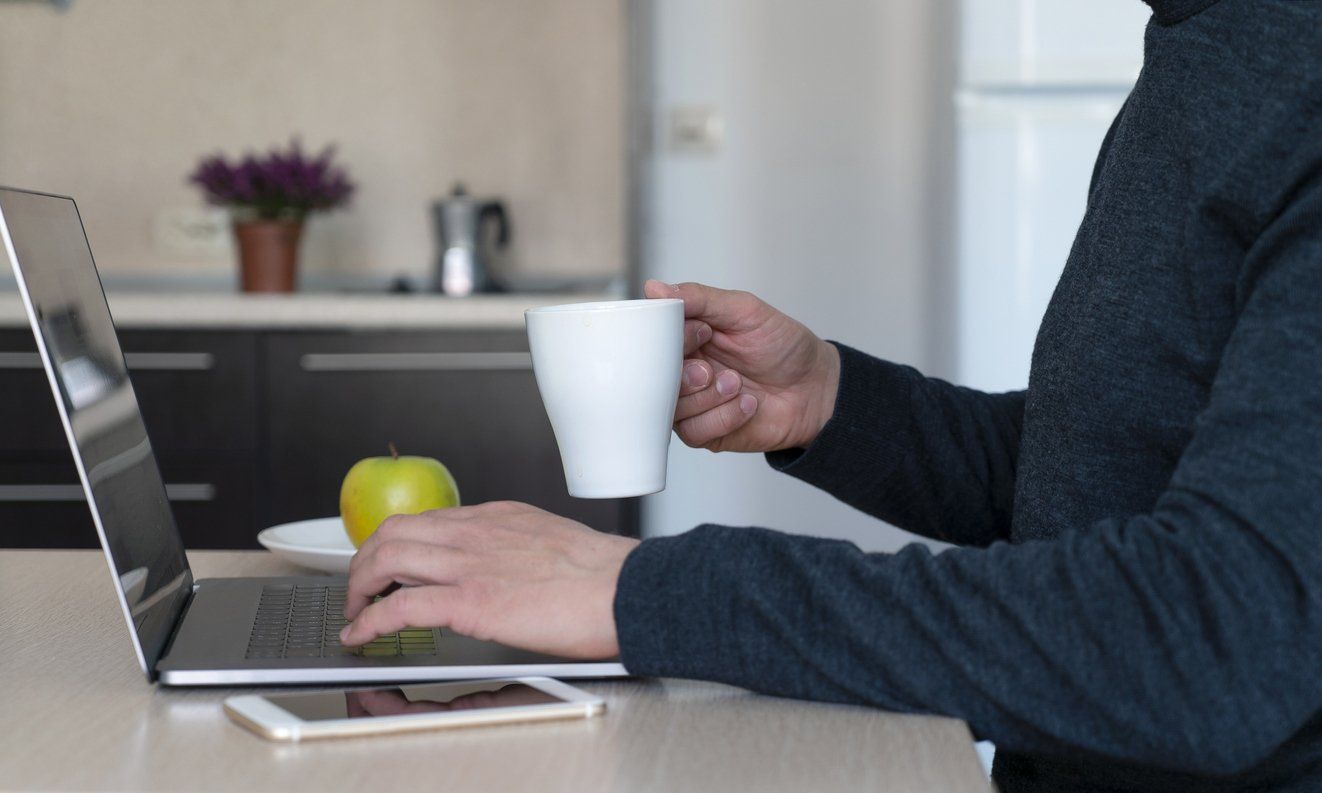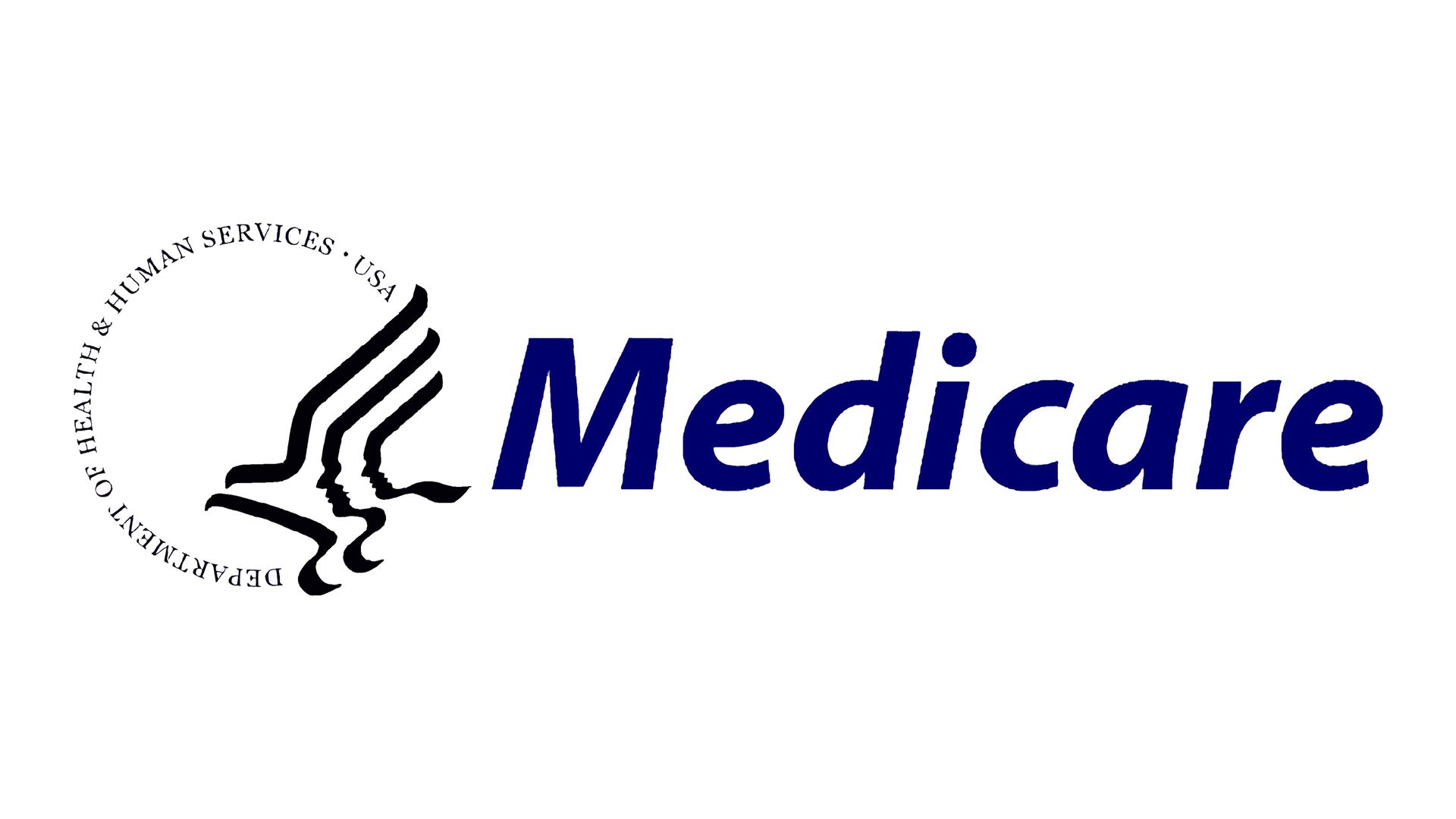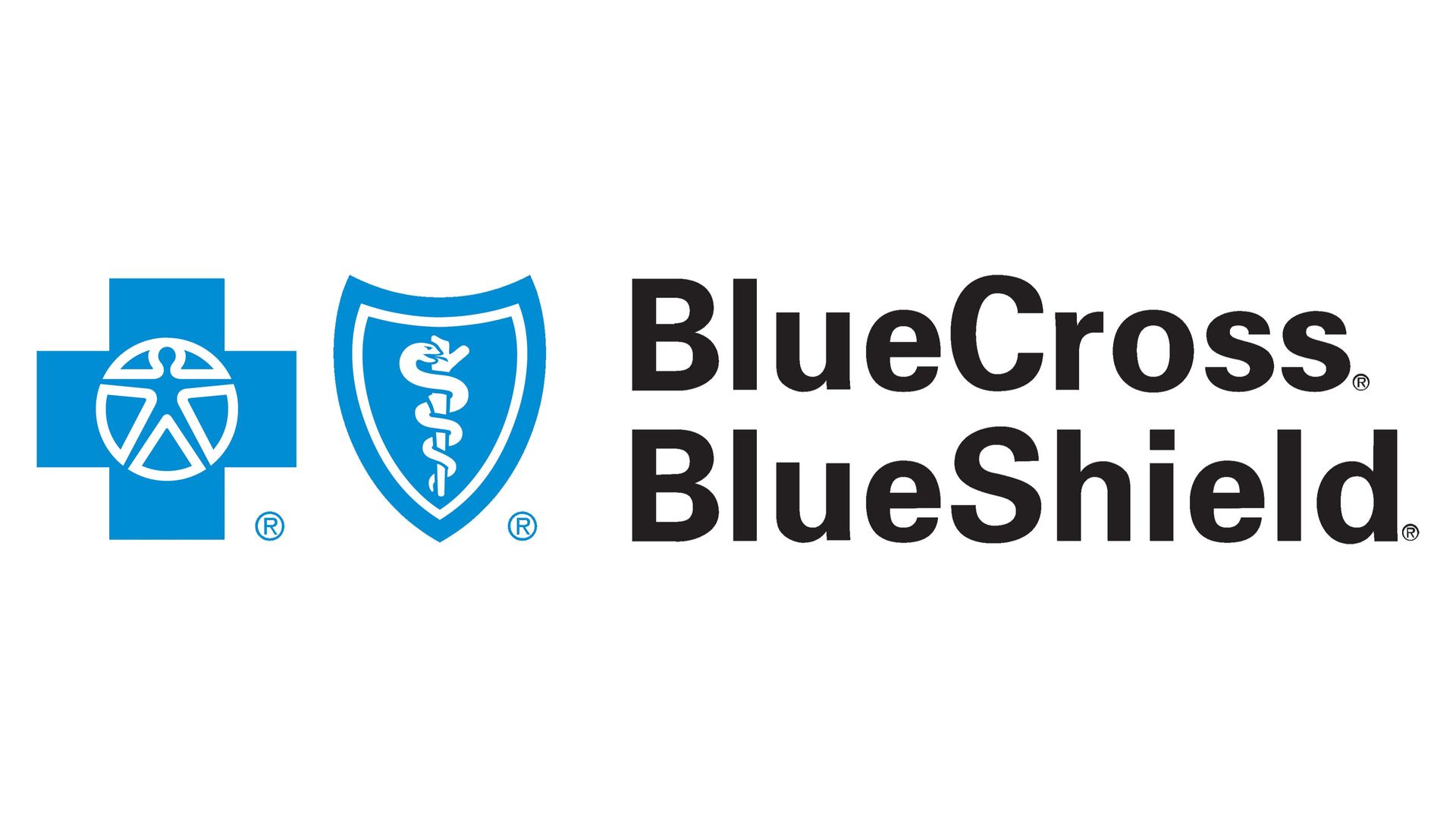Meet Acupuncture’s Powerful Partner – Chinese Herbal Medicine
I love love love Chinese herbs and chinese herbal formulas. I love them for a few reasons — they are powerful medicine, work to help the body heal, and have fewer side effects (when used correctly and administered by someone who knows them well) than pharmaceuticals. They are made from plants, minerals, some animal substances (these are less common due to concerns about animal populations and harvesting), and some of them you probably have in your kitchen (cinnamon and peppermint are both commonly used in chinese herbal formulas). They have been used for thousands of years, have been honed over time, are amazingly resilient, and most of all are of the earth.
My master’s degree acupuncture training at the Pacific College of Oriental Medicine (PCOM), Chicago focused a lot on herbs. We learned about individual herbs first and had to learn the pin yin or chinese name, the botanical name, the flavor, temperature, and functions of the herbs, as well as the general category the herb belonged to (such as moving qi, building qi, clearing heat). We also had to identify the herb when tested (this means we held the herb in our hand and had to know what it was and we could even taste them if we wanted). After learning the individual herbs – probably about 300 – we learned how the herbs were combined into formulas. We had to memorize the name of the formula, what it did, the herbs that were in the formula, and then understand when to use that formula instead of another formula in the same formula family. Whew! It was an amazingly hard and rich experience. I’m so grateful for it because it gave me a thorough education in herbs from practitioners who loved herbs, knew them well, used them in practice and appreciated their power and beauty. To be honest, I’m not a master herbalist (maybe in 30 years I could call myself one) – but I do know the herbs and formulas well, have great results with using them with patients. I do love a challenge and so I successfully treat a lot of different types of health problems, most often with both acupunture and herbs.
Herbal medicine, unlike pharmaceutical medicine, works to help the body heal. Some pharmaceuticals are really amazing and I do not discount their utility and necessity. But they do not, generally, build up the body. Rather they do something the body cannot do at that time – kill bacteria, reduce inflammation, or stop pain. Herbs can do these things too, but usually they take longer to effect the change. Pharmaceuticals, though, my mask the issue by just treating the acute situation rather than getting to the heart of what is really happening in the body. The good news is that herbs really do this very well. Again, this works best when someone who knows them makes a recommendation. So if you have tried them (herbs or supplements, really) and have not gotten the result you were hoping, it may be that you didn’t use the right formula, the right dose, a great brand, or even the right timing.
Antibiotics, for example, treat the acute situation rather than the cause of the problem. Think about a sinus infection – the proper antibiotic (and if you are going to take one, please have them culture your infection first, so at least the antibiotic can be specific to the bacteria rather than a broad spectrum antibiotic) will kill the bacteria and wipe out the infection. If you get multiple infections a year, the use of antibiotics will kill the infections as well as the beneficial bacteria in your gut, which leads to a reduced immune system so you are more likely to have another infection in a two weeks, a month, or a year. Chinese herbs, however, can kill the infection and strengthen the immune system.
What does this mean? For everyone it is different – perhaps it you have a very very stressful job. After weeks or months of stress, your body just starts to not be able to handle the job of dealing with all the stress and fighting germs that are everywhere. You get sick. The proper herbal strategy is to help the body fight the current infection, and then the next step is to help your body deal with the stress (usually by reducing any inflammation and moving energy) and boost your immune system (think of the common herbs, echinacea and astragalus), so you are not so stressed and worn out and your body has more ammo for the next bacteria it encounters.
You might not have a stressful job but you have chronic rhinitis (chronic runny nose) or you are always congested (in the morning due to mild allergies). When you get an infection, the antibiotic kills the bacteria, but you are still congested or have a runny nose. With that phlegm hanging around the next time you meet an aggressive bacteria, it has a lovely place to stick (you guessed it, in the sinuses), so the cycle starts again. The key here is to get rid of the mucous/congestion. One way to do this is to get the proper herbal formula to address the phlegm, along with removing phlegm producing foods from your diet. Then, as with the stressed out person, we also usually need to build up the immune system with tonic herbs.
I also have experience using chinese herbs for fertility. There is almost nothing that I enjoy more than helping a woman understand what is happening in her body each week of the menstrual cycle. With the use of herbs women can and will see a difference in their menses – more regular ovulation, higher basal body temperatures (if they are low, or more consistent temperatures), more cervical mucous, less pain and heavy bleeding with their menses, less spotting between periods. I learn so much from my patients – one of my patients who was undergoing IUI (intrauterine insemination) told me she analyzed her blood work /ultrasounds with her doctor, comparing the months she used herbs to the months that she didn’t. You guessed it – the months that she used herbs she had a more regular cycle, with a thicker endometrium, all while using a medication called Clomid which has the side effect of thinning the endometrium. A thin endometrium is a less attractive place for an egg to implant, so this is an important consideration. I am grateful she shared this insight with me and was willing to be consistent with treatment and with herbs.
If you are worried about the sourcing of chinese herbs I completely understand. That’s why I only recommend ones that are manufactured using GMP (Good Manufacturing Practice) standards and that are tested for heavy metals, herbicides, fungicides and other contaminants. One of the companies I love, Evergreen, has great information on the quality of their herbs and processing. I also have used all of the brands I recommend and so have personal experience with their efficacy and safety.
Not everyone who comes for acupuncture wants to or can take herbs. That’s completely ok. I often recommend supplements and vitamins to strengthen the system or sometimes we can accomplish what we need with acupuncture, diet and lifestyle. But herbs are an amazing aspect of acupuncture treatments and I really do love them.
